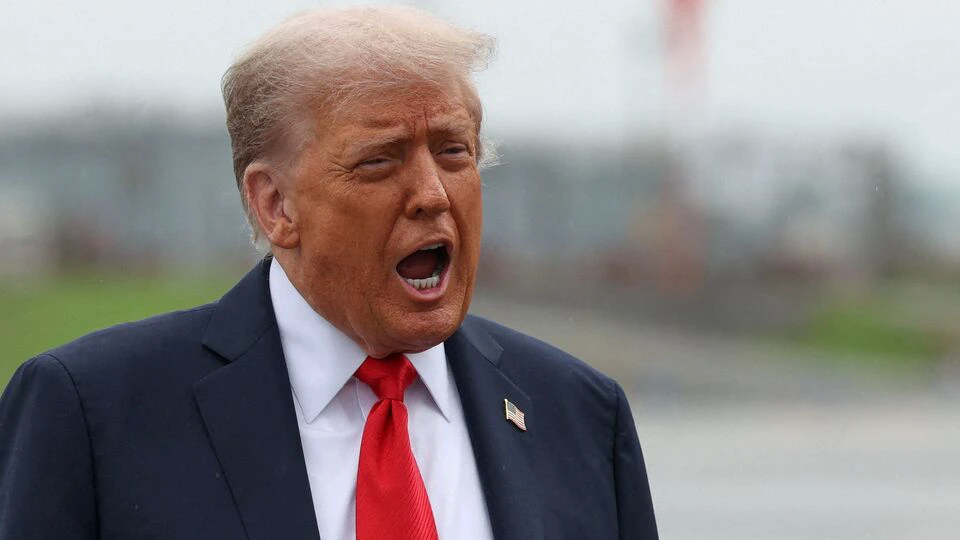President Donald Trump is preparing to take his fight for unilateral tariff authority to the US Supreme Court after suffering defeats in lower courts.
His legal team is asking the justices to overturn a ruling that blocked his use of a 1970s national security law to impose duties on foreign goods.
On Wednesday, Trump petitioned the Supreme Court to quickly review a US Court of Appeals for the Federal Circuit ruling that the International Emergency Economic Powers Act (IEEPA) does not grant presidents the power to set tariffs.
In a 7-4 decision, the court said the statute provides significant emergency powers but “none of these explicitly include the power to impose tariffs, duties, or the power to tax.”
White House explores alternatives
Even as the legal battle moves forward, Trump aides have quietly explored other methods to keep tariffs in place. A senior White House official and two people familiar with internal discussions told NBC News that contingency plans have been under consideration for months, anticipating possible court setbacks.
“Even if the Supreme Court turns Trump down, he’ll be ready to move forward with other tariff options,” one of the sources said.
Navarro’s push and trade delays
The original legal strategy was championed by senior trade counselor Peter Navarro, according to officials familiar with the dynamics. However, Trump’s inability to enforce tariffs as broadly and quickly as he wanted has slowed negotiations with foreign governments.
“The whole thing is sort of interwoven together,” a person close to the White House working on trade issues told the news outlet. “It’s made it incredibly hard for the negotiators to land some of these agreements.”
Section 232 and Section 301 in focus
If the Supreme Court upholds the appeals court ruling, Trump could still rely on other laws where Congress delegated tariff powers to the president.
Section 232 of the Trade Expansion Act of 1962 allows the president to raise duties if imports are deemed a national security threat. Many of Trump’s tariffs on steel, aluminum and cars already fall under this statute.
Section 301 of the Trade Act of 1974 permits the US trade representative to investigate trade disputes and authorize presidential action, though its scope in the current context remains unclear.
Still, neither law provides the kind of sweeping, “wave-of-the-hand” authority Trump sought under IEEPA.
